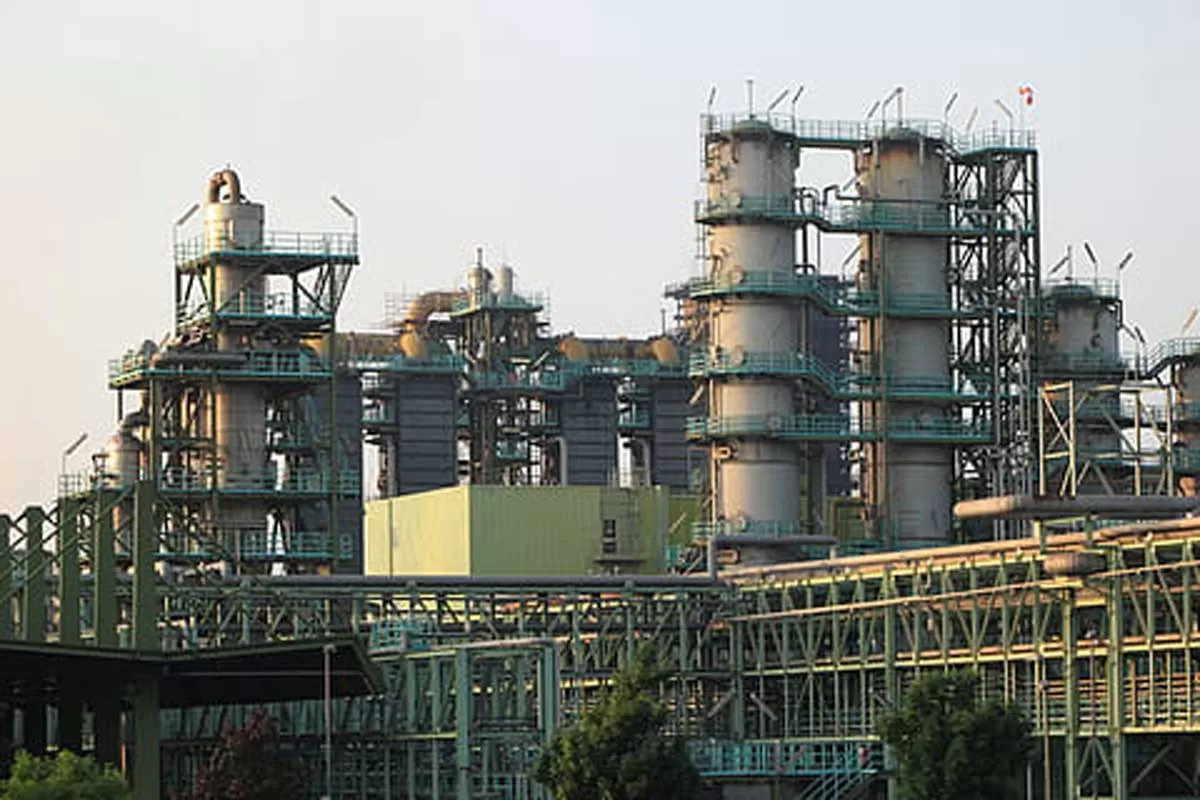The Indian government has announced a reduction in the price of natural gas for September 2024, lowering it from $8.51 per MMBtu to $7.85 per MMBtu. This price adjustment is part of the government's strategy to align domestic gas prices with international market conditions, ensuring affordability for consumers while supporting the country?s energy sector.
Price Reduction Overview: The reduction of natural gas prices from $8.51 to $7.85 per MMBtu (Metric Million British Thermal Units) reflects the government?s effort to mitigate the impact of volatile global energy prices on domestic consumers. This move is expected to benefit a wide range of industries, including power generation, fertilizers, and transportation, where natural gas is a key input.
Impact on Domestic Consumers: Lower natural gas prices translate to reduced fuel and energy costs for households and industries. Consumers using Compressed Natural Gas (CNG) for transportation and piped natural gas (PNG) for cooking will likely see reduced prices, easing the burden of rising energy costs. The power and fertilizer sectors, which are large consumers of natural gas, will also experience cost savings, which could contribute to controlling inflation and maintaining competitive pricing for electricity and fertilizers.
Global Market Influence: The price cut follows fluctuations in global natural gas markets, driven by factors such as geopolitical tensions and seasonal demand changes. India imports a significant portion of its natural gas, and global market trends play a pivotal role in determining domestic prices. By adjusting prices periodically, the government aims to maintain stability in the energy sector while ensuring that global price increases do not excessively burden domestic consumers.
Government?s Gas Pricing Formula: The pricing for natural gas in India is determined by a government-regulated formula that takes into account international benchmarks, including gas prices in the U.S., Canada, the U.K., and Russia. This formula is designed to ensure fair pricing for both producers and consumers, reflecting market realities while promoting the sustainable development of the domestic energy sector.
Boost for Gas-based Industries: For industries heavily reliant on natural gas, such as power generation, fertilizers, and city gas distribution (CGD) companies, the price reduction provides much-needed relief. It will help reduce operational costs and improve profitability, potentially leading to lower costs for end consumers. The lower input costs could also stimulate industrial activity and energy production, supporting broader economic growth.
Push for Cleaner Energy: Natural gas is a cleaner fuel compared to coal and oil, and the government?s focus on maintaining affordable gas prices aligns with its broader strategy to reduce carbon emissions and promote clean energy alternatives. By making natural gas more affordable, the government encourages the adoption of cleaner energy sources across sectors, which is critical for meeting India?s climate commitments.
Effect on Exploration and Production: While lower prices benefit consumers, there may be concerns about the impact on domestic gas producers. Lower prices can reduce revenues for companies involved in the exploration and production of natural gas, potentially affecting investment in the upstream sector. The government has been balancing these concerns by providing incentives for exploration and promoting investments in the natural gas infrastructure.
Future Outlook: The price adjustment comes as part of the government?s ongoing efforts to rationalize energy prices in response to global trends. While the current reduction provides short-term relief, future pricing decisions will depend on global market conditions, domestic supply-demand dynamics, and policy objectives. The government has also emphasized the importance of enhancing domestic gas production to reduce dependence on imports and ensure long-term price stability.
In conclusion, the reduction in natural gas prices for September 2024 is expected to provide relief to consumers and industries, supporting economic growth while advancing the government?s clean energy agenda.





















